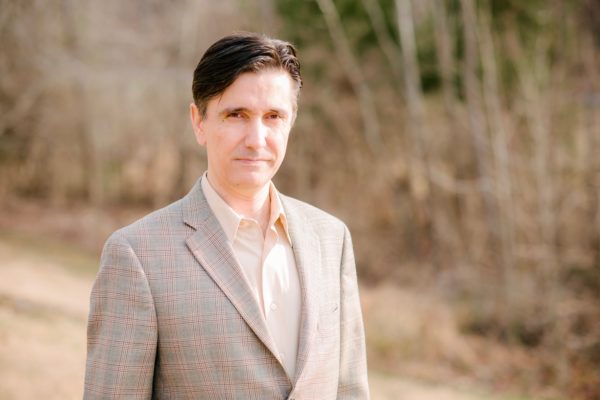Americans may be much more receptive to refugee settlement in the United States than current government immigration policies suggest, according to a new study by Mariano Sana, associate professor of sociology who also is a faculty affiliate of Vanderbilt’s influential Latin American Public Opinion Project (LAPOP).
Favorable public opinion toward refugees has been on the rise since the beginning of the 21st century, and it has sharply increased since 2017. This research shows that anti-refugee policies do not align with either historical trends or current popular support.

In an article published Oct. 7 in International Migration Review, Sana said that these findings “bring good news to refugees and their advocates.”
By analyzing eight decades of opinion polls on immigration, from 1938 to 2019, Sana’s work first sought to identify how public support for refugees has varied over time. Next, it relied on known tenets of survey methodology and sociology to explain that variance. He discovered a pattern of support for refugees when survey respondents were familiarized with specific aspects of refugees’ plight, which he labeled the “sympathy effect.”
When it comes to surveys, an accurate assessment of public opinion depends on how the questions are asked. Sana’s research found that a statistically significant portion of Americans think the number of refugees living in the U.S. is “about right” when they are given an option between “too many” and “too few.” In other words, if forced to choose between extremes, respondents are more negative toward refugees than when given more flexibility in their response choices.
This finding is consistent with a behavioral premise known as the fait-accompli effect, which simply means that humans generally prefer the status quo to the unknown. Historically demonstrated in movements like school desegregation and affirmative action, fait-accompli comes into play, in Sana’s latest research, through Americans’ readiness to support existing policies welcoming refugees and to integrate refugees who have already arrived. Respondents look favorably upon newcomers when they can imagine them to be actual members of their own communities, deserving equal opportunity and systems of social support.
The ability to imagine another person’s life may comprise a key component of the “sympathy effect.” Research has shown that abstract opinions on broad issues do not always inform people’s thinking when they are presented with specific, real-life cases.
Sana’s analysis revealed a striking difference between the responses to abstract questions about migrant groups at large and the responses to those that presented contextualized, recognizable scenarios. Analysis of the past four years, which have been marked by highly publicized presidential orders that dramatically limited immigration and reduced refugee admissions, found that support for refugee admission has increased notably during this time—including for refugees from volatile regions like Syria and Central America. This suggests that the hostility in political rhetoric and policy may have increased Americans’ sympathy and favorable opinion toward refugees.
Public opinion influences policy, making this research critical for government leaders in a time of widespread global social unrest. It also affects the immediate future of refugee families in America. Attitudes toward refugees are part of the context of their reception, and their reception affects how they and their children are ultimately incorporated into American life. This also has potential effects on interethnic relations and the overall social climate in America.
Sana said he hopes this research is a harbinger of further examination of public opinion regarding refugees in an increasingly migratory and politically divisive global environment. “When you start looking at these things, there’s a big contrast between what we believe people believe,” he said, “and what they actually believe.”